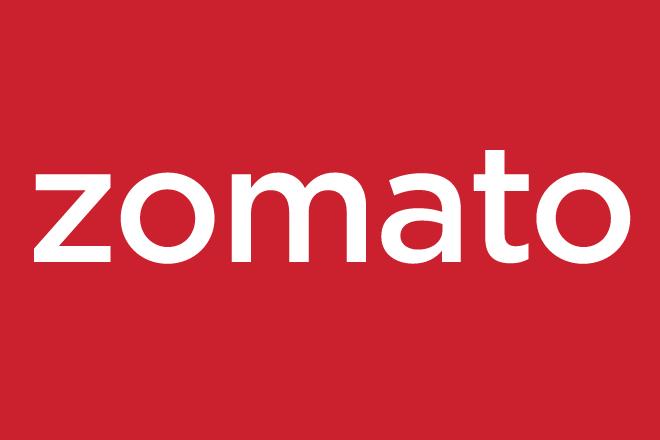Zomato detailed some key financials for FY17 on its blog, indicating continued traction in the business and also detailing certain unit economics in food delivery. Zomato reported revenue growth of 80% YoY to $49m in FY17, contributed by ad sales ( $38m; 78% of total) and the newly launched food ordering service ($9m; +8x y-o-y). 44% of incremental revenue was driven by food ordering. Exit revenue in March 2017 was $5m, implying annualised revenue rate of $60m.
Monthly order volumes in March stood at 2.1m (up four-fold y-o-y), 80% of which were fulfilled by restaurants and 20% by Zomato. Zomato has refrained from discounting, and applies it to <2% of the orders. 27% of the orders are discounted by the restaurants themselves.
Despite not discounting, on average, Zomato makes Rs 21 per order fulfilled by the restaurant and loses Rs 9 per order it processes by itself. This is primarily because of higher delivery and processing costs incurred by Zomato when directly fulfilling. On average, Rs 50 per order is paid to delivery partners. It costs its partners Rs 62 to fulfill an order received from Zomato.
You may also like to watch:
Were Zomato to deliver on its own, the delivery costs would work out to Rs 105 per day (lower volume versus delivery partners). Zomato’s classified business (has 8.5m monthly unique customers in India) makes it seamless for customers to move and transact (food ordering/ table booking). This is unlike other e-commerce players which pay large amounts to first acquire customers and then to re-engage them. There is massive room to continue growing transactions without spending much, as so far <3% of Zomato’s unique visitors are currently ordering as well.
The sharp reduction in Zomato’s burn is a significant positive, and if revenue growth momentum continues on this base, the concerns on $1b valuation will be abated, particularly considering multiple valuation write-downs and business shutdowns over past 12 months in the sector.
With the standalone business’ real estate segment struggling amid underlying market slowdown, the blip in recruitment growth last quarter for INFOE was a new worry. This will be the first full quarter of demonetisation, and thus, the recruitment business may remain soft for a while.
Amid growth pressure on standalone operations, robust execution in Zomato will help provide a base for the stock, and continued scale may make a case for capital raise at higher valuation. We have a ‘Buy’ rating on the stock with a target price of Rs 1,000 (~20% upside).


